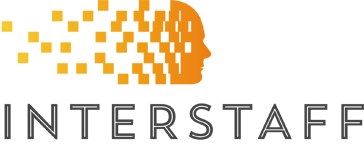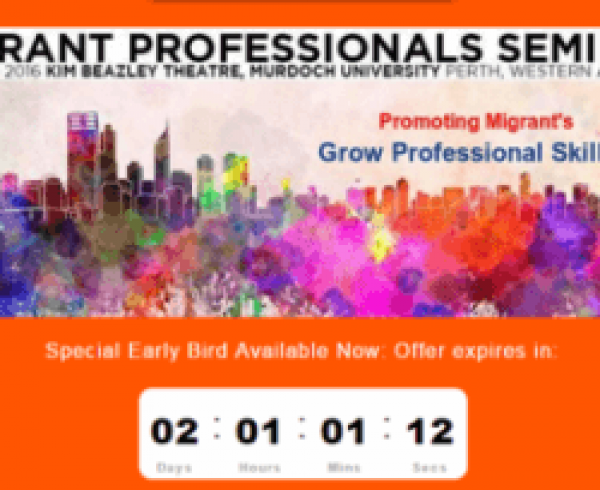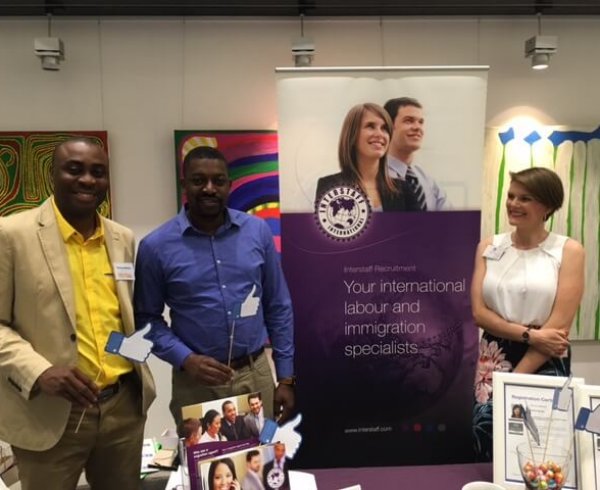
Access to appropriately skilled and experienced talent has been identified by businesses across Australia as one of their biggest risk factors going forward following the 457 visa changes on 1 July 2017.
MYOB Chief Executive, Tim Reed recently spoke at the Australian Financial Review Innovation Summit saying, “The number one risk that we identified in our business plan going into 2017 was our ability to find the skills to do all the things that we wanted to get done in our business.”
Mr Reed believes the Government’s changes to 457 visas has now made it even harder to attract the right skills and talent. “It’s tough, it’s very, very tough. Particularly for software engineers or design-based capabilities, we’re probably 100 people down on our target headcount at this moment in time and that’s simply because we can’t find enough people,” he said.
Nicolas Aidoud, Head of the Australian and New Zealand arm of global IT consultancy Capgemini, also echoed Tim Reed’s concerns. He told The Australian newspaper that the shortage of skilled personnel has become a major issue for Capgemini as it looks to pick up its pace of activities in Australia. “The bottleneck is resources – it’s not just about smart technology it’s also about smart people,” Nicholas Aidoud said.
To manage the impact of the 457 visa changes, MYOB recognised that a mind shift was needed to “think trajectory not terrain.” Mr Reed regularly visits girl schools to promote the importance of maths and science and urges other businesses to collectively support STEM skills programs in schools. Encouraging skills development however, is a long-term solution to the current talent shortage problem.
Like MYOB, Capgemini continues to invest in recruiting graduates, however with plenty of projects on its books, they are unable to locally source enough people with the skills and often-times years of experience required for their roles. Nicolas Aidoud said he was directing his head office in Paris to create a business program to manage the impact. “We are going to set up a specific program to bring people into Australia and we will look to make it simpler to accommodate for the changes to the 457 visa program,” he said.
With the current lengthy time-frames for government processing of 457 visas (between five to ten months) and the increase in costs associated with the Temporary Skills Shortage (TSS) Visa that will soon replace 457 visas, the challenges for businesses are expected to continue into 2018.
Interstaff recently conducted a seminar on strategies businesses can adopt to manage the impact of the 457 visa changes. This includes forecasting skill needs for future projects with an experienced migration agent and getting expert advice on all visa options available to your business, rather than solely the 457 visa option. Explore our insights, including the slides to our business migration seminar here.
Source:
Interstaff Migration Agents






